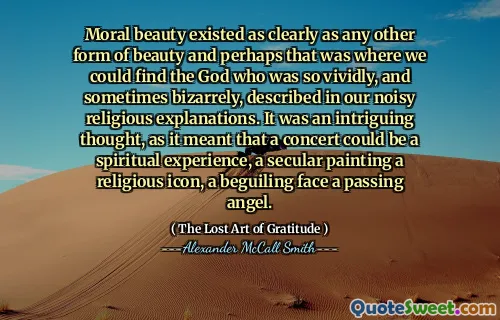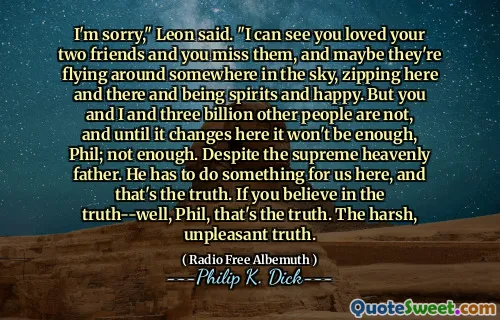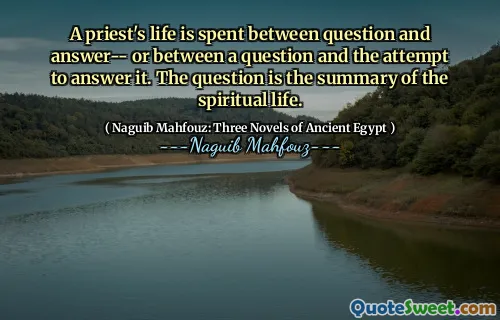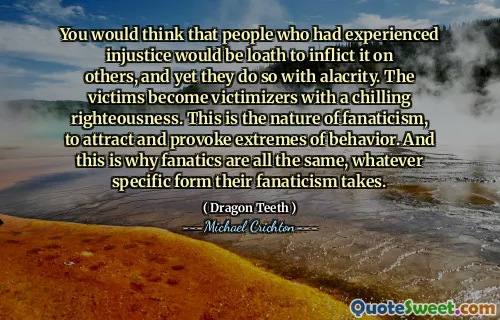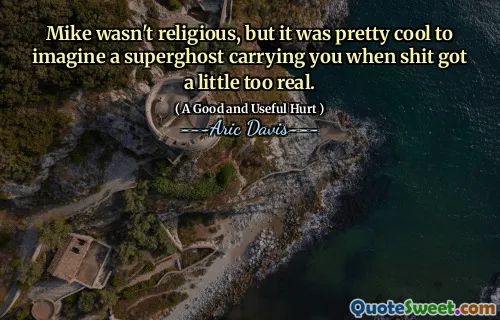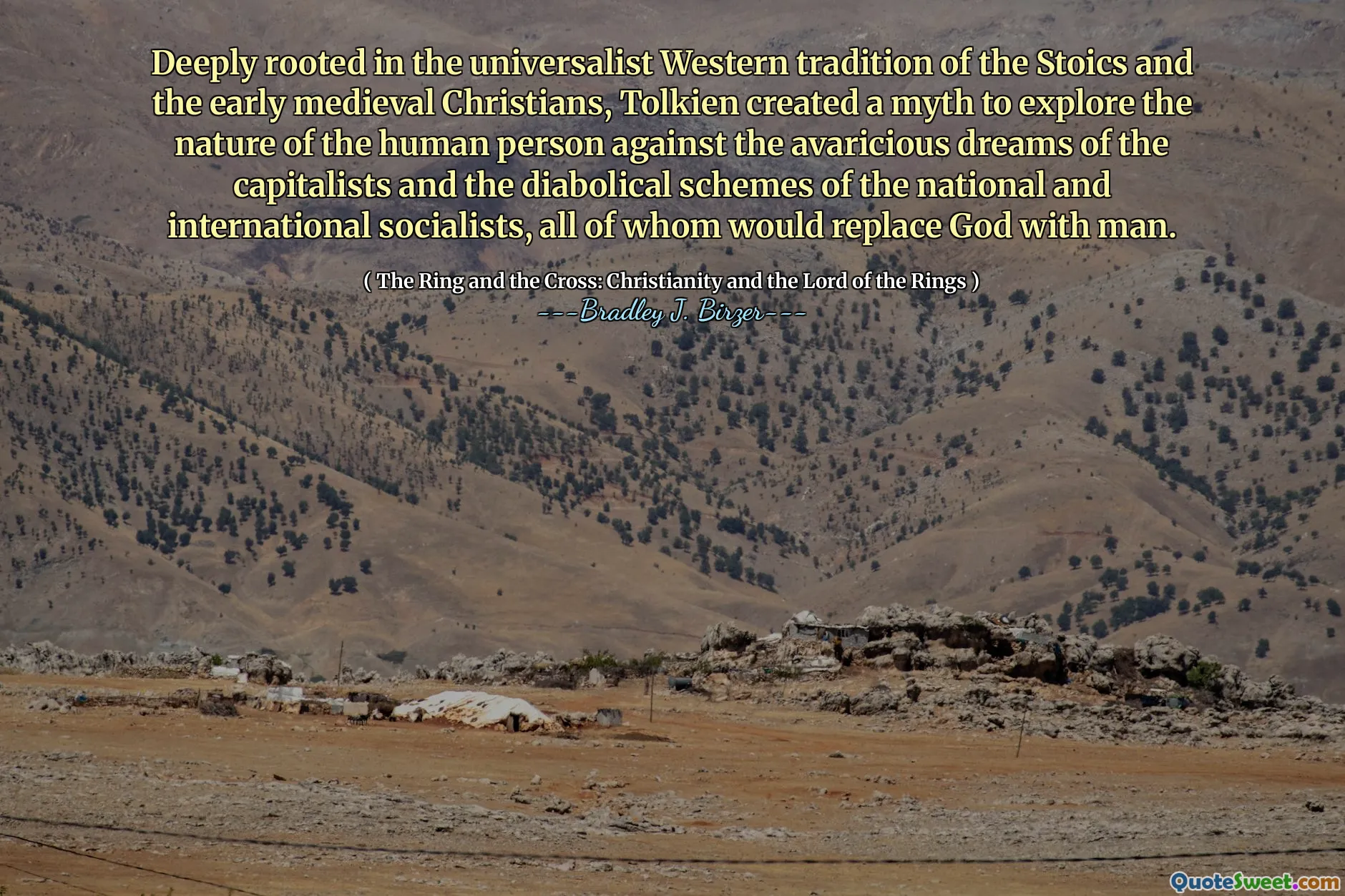
Deeply rooted in the universalist Western tradition of the Stoics and the early medieval Christians, Tolkien created a myth to explore the nature of the human person against the avaricious dreams of the capitalists and the diabolical schemes of the national and international socialists, all of whom would replace God with man.
J.R.R. Tolkien's work reflects a profound engagement with the Western philosophical and religious heritage, especially the Stoic emphasis on virtue and the Christian worldview centered on the divine. By embedding these themes into his mythology, Tolkien offers a narrative that questions the overreach of human ambition and the dangers of elevating mankind to a status reserved for the divine. The quote highlights how Tolkien's creation is not merely folklore but a deliberate spiritual critique, juxtaposing divine authority with human hubris.
In an era where economic and political ideologies often seek to reshape or supersede spiritual values, Tolkien subtly warns of the perils of idolizing humanity or material progress. Capitalists, driven by greed, and socialists, with their desire for collective control, are depicted as vacuums that threaten to supplant divine morality with human constructs. Tolkien’s myth serves as a moral compass, emphasizing the importance of humility and reverence for a higher power amidst the chaos of modern ideological conflicts.
Moreover, Tolkien's myth underscores the importance of individual moral character and the inner struggle of the human person. His narrative champions the idea that true greatness stems from virtue and humility rather than power or dominance. The exploration of human nature within his mythology encourages readers to reflect on their values and the societal structures they uphold. Ultimately, this quote encapsulates Tolkien’s artistic and philosophical aim: to restore a sense of divine purpose and moral integrity in a world increasingly susceptible to moral relativism and materialism.
This layered thematic approach elevates Tolkien's work beyond entertainment, making it a rich text for spiritual and philosophical contemplation.

